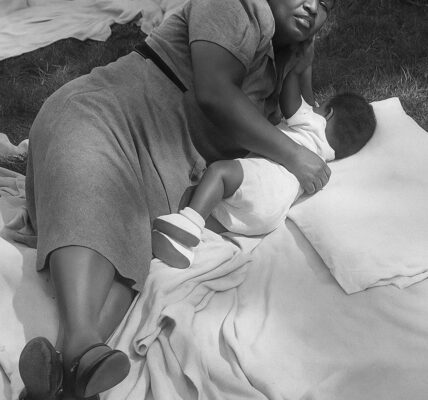It starts subtly. You might not notice it right away.
A cashier is no longer at the grocery store—you’re now checking yourself out. Your friend’s favorite bookstore closes down, replaced by a fulfillment center warehouse. You call your doctor’s office and talk to a chatbot. You text your boss late into the night, not because you want to—but because everyone else does.
You tell yourself this is just progress. Efficiency. Innovation.

But behind that sleek surface, something more troubling is happening.
Bit by bit, quietly and pervasively, our society is trading its humanity for profit.
It’s not a conspiracy. It’s not malicious. It’s simply… systemic. Because when profit becomes the only goal, everything else we value—community, compassion, time, care—gets pushed to the sidelines. Not because they’re unimportant, but because they’re unprofitable.
In such a system, rest becomes laziness.
Art becomes a luxury.
Kindness becomes weakness.
And people—people become data points.
We live in a world where you’re expected to always be reachable, always be producing, always be performing. Children are trained to compete instead of collaborate. Teachers are judged not by how well they inspire, but by how well their students score on standardized tests. Nurses rush from room to room, not based on need, but on quotas and “efficiency targets.” Caregivers are underpaid. Artists are underfunded. Elders are overlooked. And those who fall behind—emotionally, physically, financially—are quietly left to disappear into the margins.
This is not just a social issue. It’s a cultural fracture.
Because in our relentless pursuit of economic growth, we’ve slowly forgotten to ask: growth toward what? What’s the purpose of profit if it comes at the cost of our dignity, our relationships, our health, our time?
We’ve built a machine that functions beautifully—until you realize the fuel is people.
Of course, profit has its place. It can drive innovation, reward risk, build stability. But when it becomes the only measure of value, it distorts everything it touches. It tells us that a person who builds community is worth less than one who builds capital. That a day spent helping a neighbor is less important than one spent optimizing output. That anything not directly tied to revenue doesn’t matter.
And in that framework, we begin to devalue ourselves—and each other.
But here’s the thing about systems: they’re built by people.
And they can be changed by people.
It starts with asking different questions:
What if our workplaces prioritized well-being over endless productivity?
What if we measured a nation’s success by its empathy, not just its GDP?
What if we decided that time with our families, or caring for the earth, or simply being—was just as valuable as making money?
We’re not powerless. We’re participants. And we get to choose.
_(cropped)_Slim.jpg/330px-Keanu_Reeves_2013_(10615146086)_(cropped)_Slim.jpg)
The path forward begins with remembering that profit is a tool—not a purpose. That progress should include the human soul. That we can build a world where success is not defined by how much we extract, but by how much we uplift.
Until then, the trends will continue. More automation. More burnout. More isolation.
But they don’t have to.
We can shift. We can imagine something better. And we can rebuild a system where humanity is not the cost of doing business—but the very reason we do it at all.




